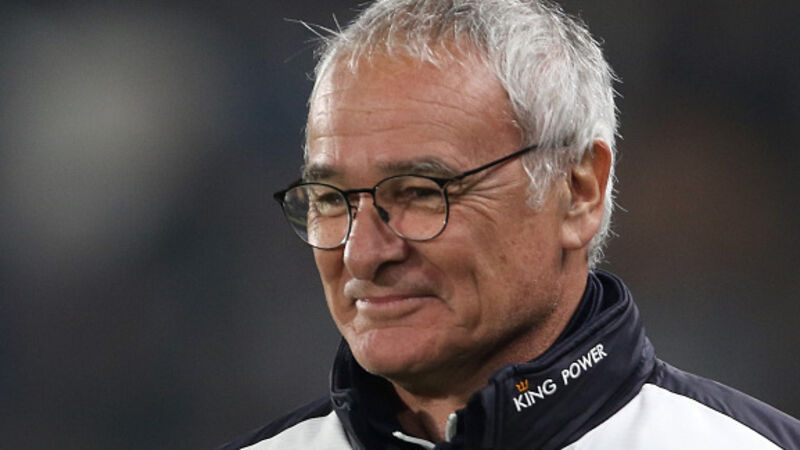The gaffers who came back from the dead

Speaking to a reporter a few days earlier, Hoddle had declared: “You and I have been physically given two hands and two legs and a half-decent brain. Some people have been born like that for a reason. The karma is working from another lifetime. I have nothing to hide about that. It is not only people with disabilities. What you sow you have to reap. You have to look at things that happened in your life and ask why. It comes around.”
Taxi for Mr Hoddle!












